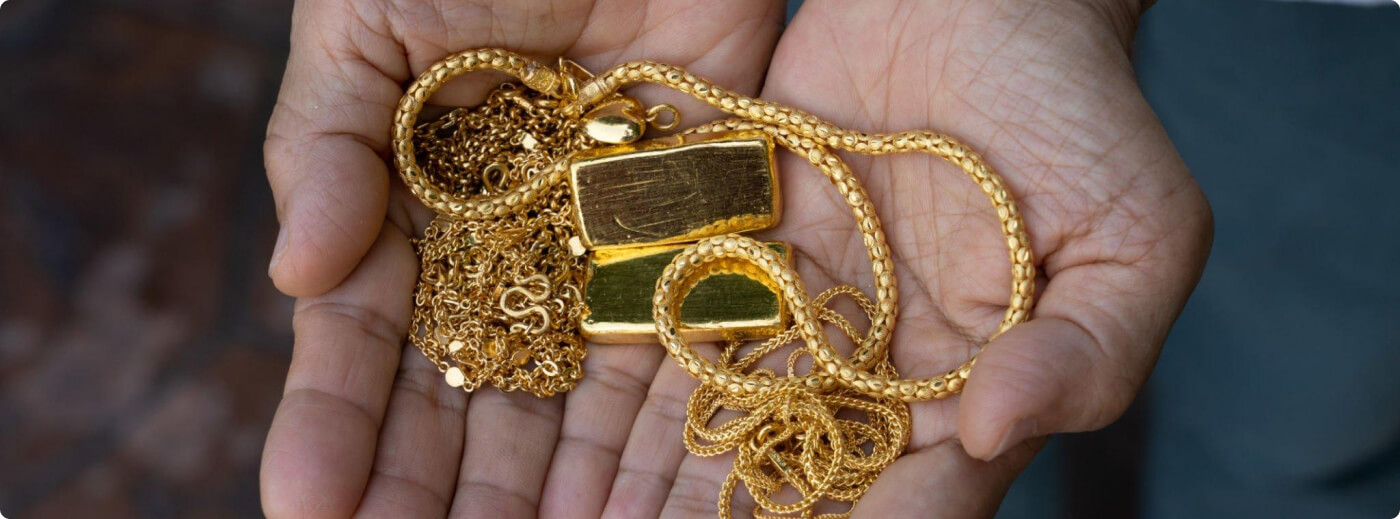Navigating the Intricacies of Transacting Gold to Buyers in a Challenging Market
Navigating the Intricacies of Transacting Gold to Buyers in a Challenging Market
Blog Article
Transacting gold can be a rewarding experience, but it also comes with its own array of obstacles. In a fierce market, grasping how to maneuver the transaction process is crucial for securing the optimal price for your gold. Whether you are selling ornaments, currency, or bullion, knowing the right measures to take can help you enhance your returns. This guide will examine the key factors to consider when selling gold, including market trends, valuation, and locating the suitable buyers.
One of the first things to consider when selling gold is the present industry trends. Precious metals valuations fluctuate based on multiple elements, including economic conditions, inflation rates, and global demand. Staying an watch on these trends can help sellers determine the optimal moment to sell. For example, if the value of gold is elevated, it may be a favorable opportunity to offload. On the other hand, if valuations are low, it might be prudent to hold off until they increase. Researching market trends can provide valuable information and help sellers make informed choices.
Valuation is another crucial aspect of selling precious metals. Before putting assets on the market, it is essential to know its value. This involves understanding the quality of the gold, which is assessed in fineness, and the weight of the piece. Sellers should consider obtaining their assets valued by a certified expert to ensure they have an exact assessment. An appraisal can provide a definitive comprehension of the gold's current value, which can help in discussions with potential clients. Understanding the value of the assets can also prevent vendors from taking offers that are too diminished.
Locating the appropriate buyers is essential in a competitive market. There are multiple options available for selling gold, including pawn shops, digital platforms, and specialized precious metals buyers. Each option has its pros and disadvantages. For instance, pawn shops may provide quick cash but often at diminished valuations, while online platforms can provide access to a broader clientele but may require more effort to market and sell the assets. It is crucial for sellers to investigate potential clients and choose the one that matches with their selling objectives. Building connections with reputable buyers can also result to better bids and a smoother transacting process.
When transacting precious metals, it is also important to this post be cognizant of the legal and moral considerations involved. Vendors should make sure that they are adhering with local regulations regarding the transaction of precious metals. Additionally, being transparent about the state and background of the gold can foster trust with clients. Ethical selling practices not only protect the vendor but also contribute to a favorable reputation in the industry. This can result to repeat transactions and referrals, which are important in a competitive landscape.
In conclusion, selling precious metals in a competitive market demands careful preparation and consideration. By remaining aware about industry trends, understanding the valuation of assets, finding the appropriate clients, and adhering to legal and ethical guidelines, sellers can maneuver the complexities of the precious metals market effectively. With the right approach, transacting gold can be a rewarding venture that fulfills the seller's financial requirements.